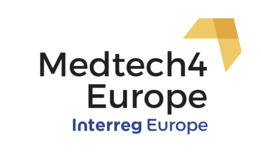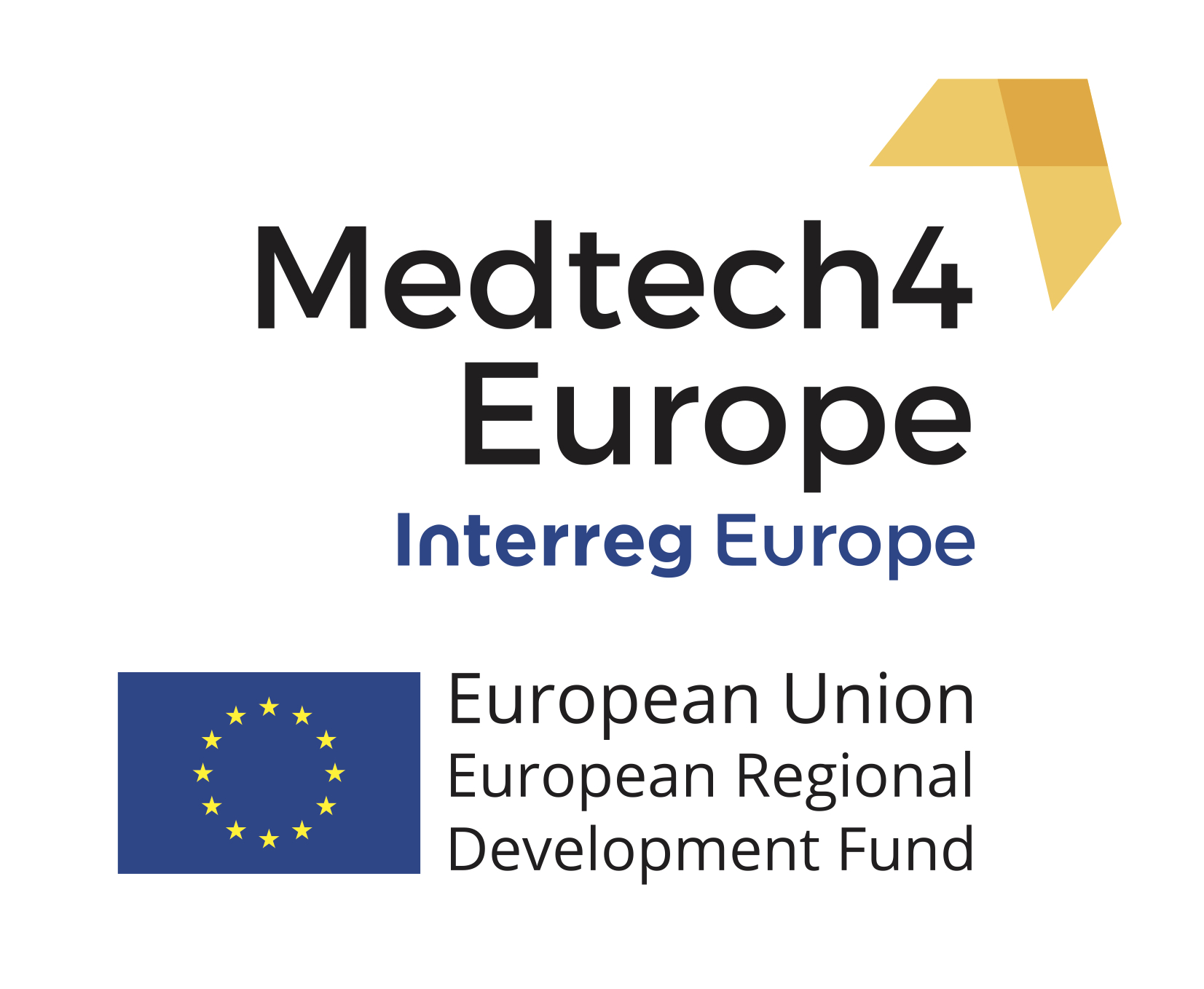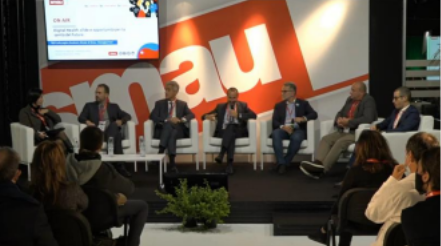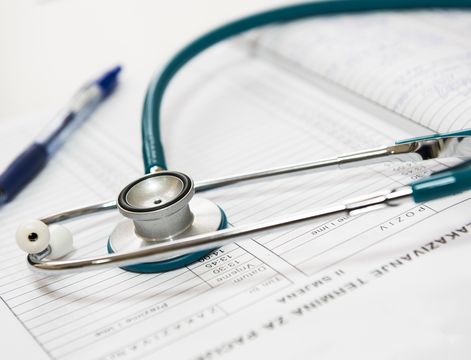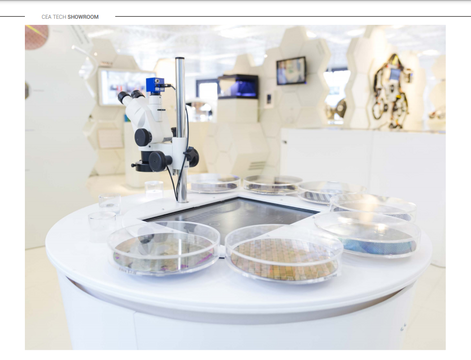The Medtech4 Europe Interreg Europe program will complete its first phase in November 2020 after two and a half years. The dissemination event which summarized the results was held on 17 November 2020, due to the epidemic situation, in an online interface.

In the continuation of the event, the partners of the Medtech4 Europe project presented their experiences gained during the implementation. In each summary, the speakers outlined the challenges they faced and what they had learned from the project.
- Steinbeis Innovation GmbH, Baden-Württemberg, Germany
With regard to challenges, there was a need for a partial and centralized source of information and support for clinical trials. They learned a lot from the good practice of the Trial Nation (Denmark) and the study trip to Maastricht. During the planning of the action, great attention is paid to strengthening and continuing existing initiatives.
- Auvergne-Rhone-Alpes Region, France
The challenge for them is that although the AURA Region provides strong financial support, Medtech SMEs do not take advantage of this. This results in a lack of access to technology platforms in this sector. They learned a lot from the program at the Danish University of Technology.
- Helsinki-Uusima Regional Council, Finland
The challenge for them was that SMEs needed better transparency and accessibility to comply with regulations. They were influenced by the Brightlands Maastrich Health Campus and the MedLim Start up program. In their action planning, they focus on strengthening the Medtech ecosystem collaboration.
- Province of Limburg, Netherlands
For them, wider internationalization through European Union cooperation and projects is important. It was positively assessed that they managed to establish contact with Danish stakeholders during the implementation of the project. In their action planning, they want to focus mostly on organizing webinars.
- South Transdanubian Regional Innovation Agency, Hungary
They faced the challenge of the need for the right organizational, professional, and technological background to significantly increase the market efficiency of medical technology development organizations. They gained a lot of experience from the French EIT Health Summer University and the CEA Technological Innovation Exhibition Space, as well as the Danish Business Support Program in the Capital Region. Capacity building of medical companies is important for them in action planning.
- Upper Silesian Agency for Entrepreneurship and development Ltd., Poland
It is of paramount importance for them to strengthen the networking of universities, research institutions and SMEs, as well as to understand development perspectives in the context of cross-sectoral cooperation. They learned a lot from good practices in Danish, Dutch and German. The main focus of their action planning is on the development of the non-financial support system.
- The Capital Region of Denmark, Denmark
They faced the challenge of lacking a systematic approach to collaboration between hospitals and SMEs, thus missing opportunities to address key issues in the health sector. They were influenced by the Maastricht ecosystem of Brightlands and the Limburg Health Campus and Innovation Factory. In addition, the development of regional infrastructure for the SME sector is considered important.
- Cluster Technologies for Living Environment – techforlife, Lombardy, Italy
It is very important for them that innovative SMEs can go beyond the final milestone in the marketing of medical products and help these organizations to develop clinical trials. They gained a lot of experience during their visits to Stuttgart and Maastricht. Their plans include the creation of a competency centre focusing on technology transfer and clinical trials.

The event closed with a very special request from the moderator. She asked everyone to wish something to the Medtech4 Europe project in one word. Wishes were expressed such as openness, success, quality of life, cooperation and ambition.
